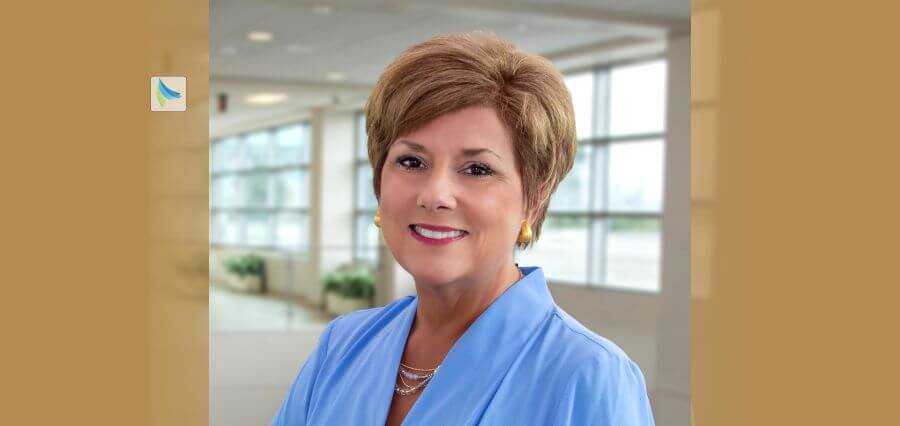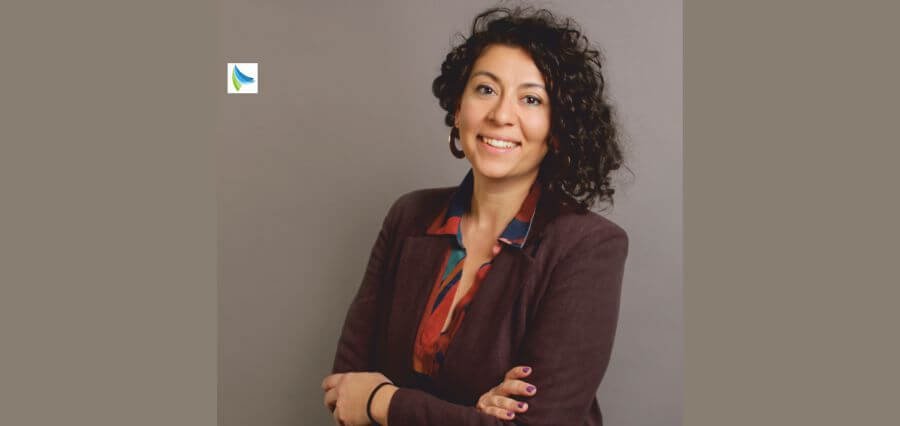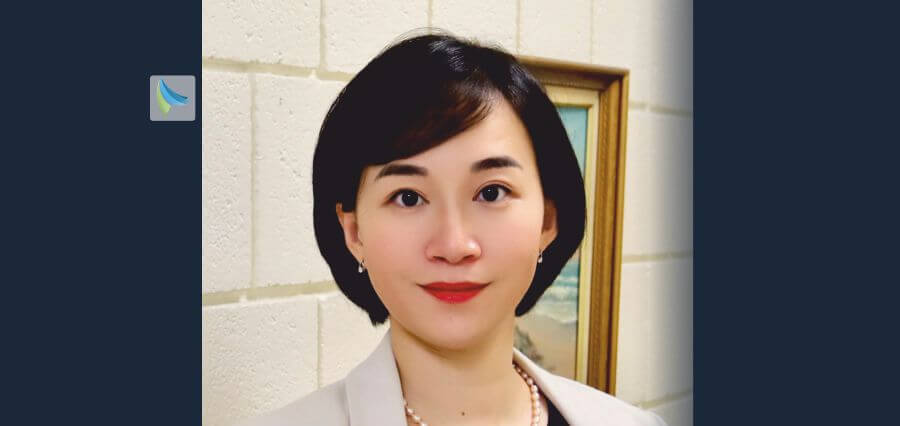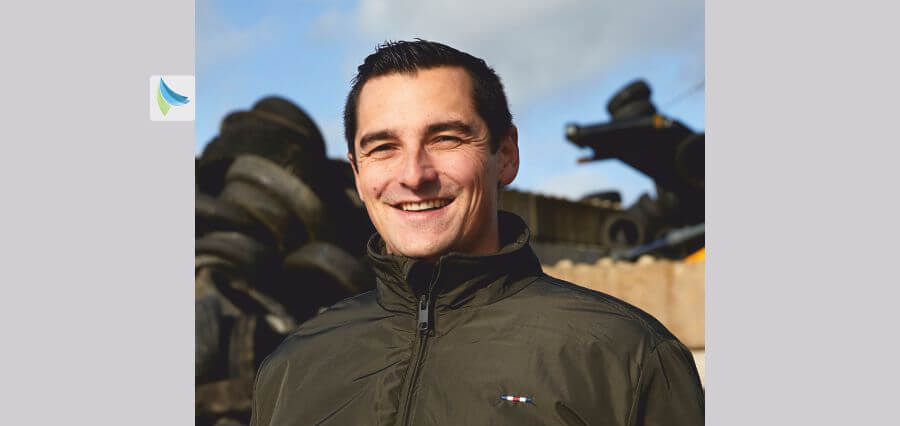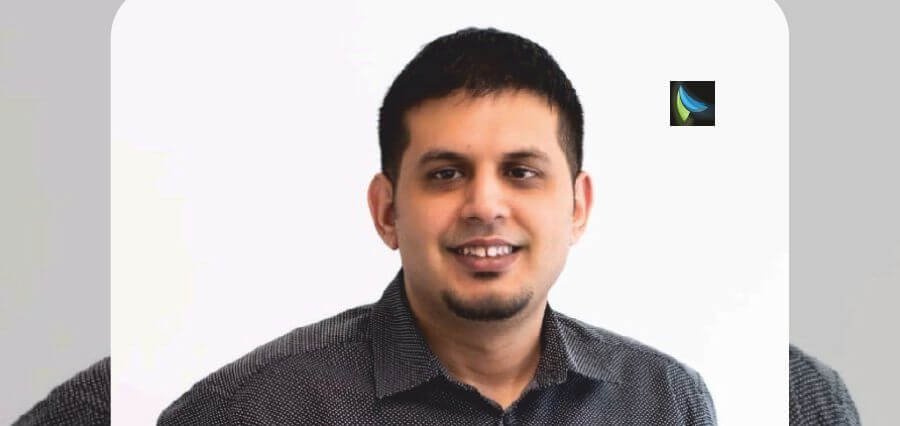As the CEO of Terrebonne General Health System, I have witnessed firsthand the transformative power of artificial intelligence (AI) in revolutionizing healthcare delivery. In an era where technology is reshaping every aspect of our lives, AI stands out as a beacon of innovation, offering unprecedented opportunities to enhance patient care, improve operational efficiency, and drive better outcomes.
At Terrebonne General, our journey with AI began with a vision to leverage cutting-edge technologies to address the complex challenges facing modern healthcare. Recognizing the immense potential of AI to analyze vast amounts of data and extract actionable insights, we embarked on a strategic initiative to integrate AI-powered solutions into our clinical workflows and administrative processes.
One area where AI has made a profound impact is in medical imaging. By harnessing the power of machine learning algorithms, we have enhanced the accuracy and speed of diagnostic imaging, leading to earlier detection of diseases and more targeted treatment plans. AI-powered imaging tools can analyze images with a level of precision and consistency that is unmatched by human interpretation alone, reducing the risk of diagnostic errors and improving patient outcomes.
For example, our radiology department has implemented AI algorithms that assist radiologists in detecting abnormalities in medical scans, such as tumors or fractures, with greater accuracy. These tools not only expedite the interpretation process but also provide radiologists with valuable insights that help guide clinical decision-making. By augmenting the expertise of our healthcare professionals with AI-driven intelligence, we are raising the standard of care for our patients.
Moreover, AI has revolutionized predictive analytics in healthcare, enabling us to identify patterns and trends in patient data that may indicate the risk of adverse events or deteriorating health conditions. Through advanced machine learning models, we can proactively intervene to prevent complications, optimize treatment plans, and personalize care pathways for individual patients.
At Terrebonne General, we have implemented AI-driven predictive analytics systems that analyze electronic health records, vital signs, and other clinical data to identify patients at high risk of readmission or complications. By flagging these patients early, we can deploy targeted interventions, such as care management programs or medication adjustments, to mitigate risks and improve outcomes.
In addition to clinical applications, AI has also transformed the way we manage operations and streamline administrative processes at Terrebonne General. From optimizing staff schedules and resource allocation to automating billing and claims processing, AI-powered solutions have enhanced efficiency across the organization, allowing us to allocate more time and resources to patient care.
For instance, our hospital has deployed AI-driven scheduling software that analyzes patient flow, staff availability, and resource utilization to optimize the allocation of healthcare professionals and equipment. By aligning staffing levels with patient demand, we can ensure timely access to care while minimizing wait times and reducing operational costs.
Looking ahead, the potential of AI to drive innovation in healthcare is limitless. From virtual health assistants and personalized treatment recommendations to population health management and drug discovery, AI will continue to reshape the landscape of healthcare delivery, empowering providers to deliver more effective, efficient, and patient-centered care.
However, as we embrace the promise of AI, we must also be mindful of the ethical, legal, and social implications of its use in healthcare. Ensuring patient privacy, transparency in algorithmic decision-making, and equity in access to AI-driven technologies are paramount to building trust and fostering adoption.
AI has been a game-changer for Terrebonne General Health System, empowering us to deliver high-quality care, improve outcomes, and enhance the patient experience. By harnessing the power of AI, we are ushering in a new era of healthcare innovation, where data-driven insights and advanced technologies converge to create a brighter, healthier future for all.
Phyllis Peoples
CEO, Terrebonne General Health System






